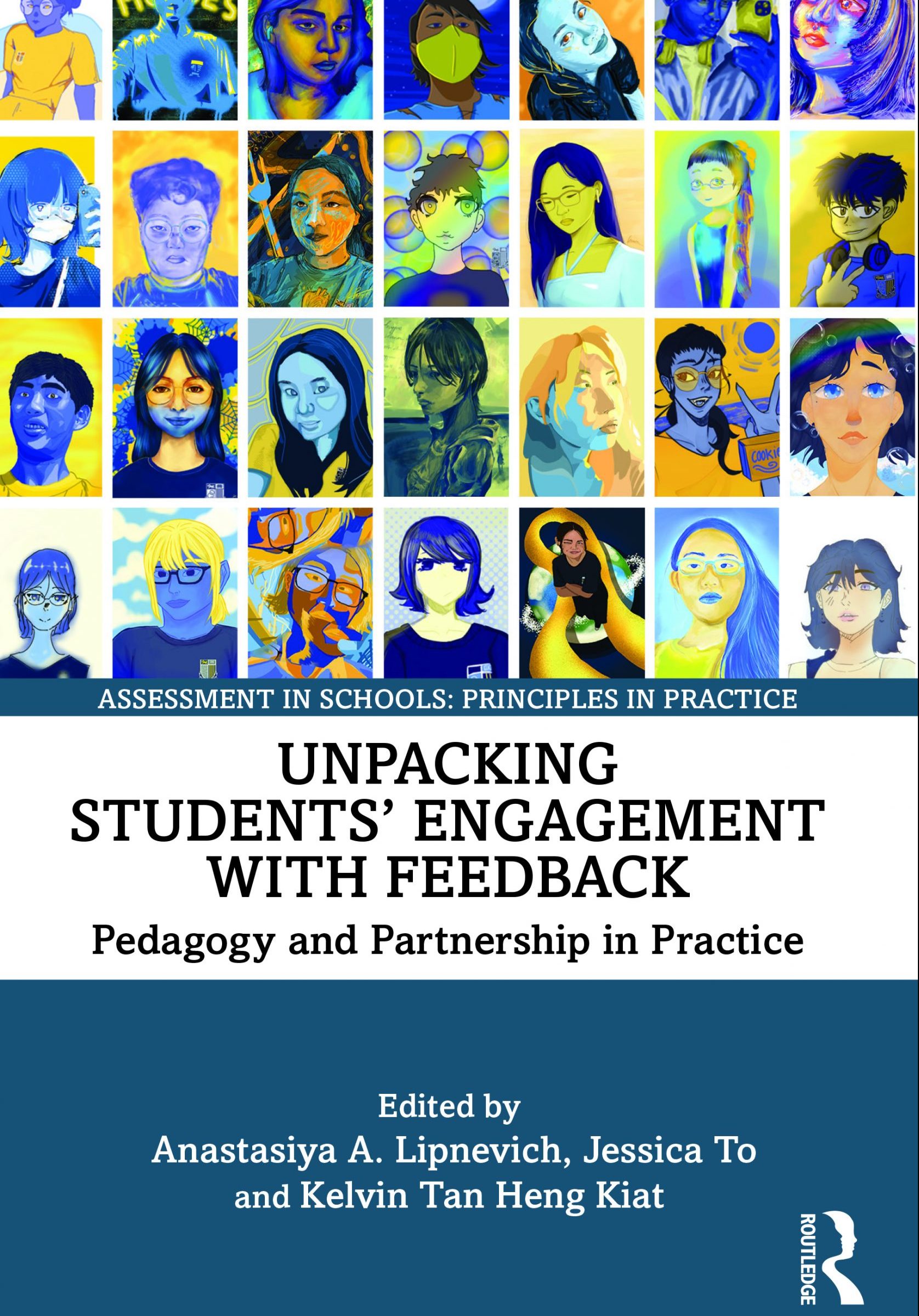- Coverage of all grades and concentrations, including math, language arts, music, art, and science
- Peer feedback, self-assessment, and subject-specific nuances
- Student and teacher examples of feedback and suggestions for improvement
- Synthesizes research on psychosocial skills, analyzing theory and areas of application from K-12
- Examines developmental trajectories and approaches to psychosocial skills assessment
- Explores key educational outcomes and interventions geared to enhance each psychosocial characteristic
- Describes psychosocial skills in clinical settings, large-scale international assessments, policy as well as curriculum development

Learners of all levels receive a plethora of feedback messages on a daily – or even hourly – basis. Teachers, coaches, parents, peers – all have suggestions and advice on how to improve or sustain a certain level of performance.
This volume offers insights into the complexity of students’ engagement with feedback, the diversity of teachers’ feedback practices, and the influence of personal assessment beliefs in tension with prevailing contexts. It focuses on two main sections: what is students’ engagement with feedback? And what is the variety of teachers’ feedback practices? Under these themes, the content covers a broad range of key topics pertaining to instructional feedback, how it operates in a classroom and how students engage with feedback. Unarguably, feedback is a key element of successful instructional practices – however we also know that (a) learners often dread it and dismiss it and (b) the effectiveness of feedback varies depending on teacher’s and student’s characteristics, specific characteristic of feedback messages that learners receive, as well as a number of contextual variables. What this volume articulates are new ways for learners to engage with feedback beyond recipience and uptake.
With nuanced insights for research and practice, this book will be most useful to teachers, university teacher educators, and researchers working to design and enact new ways of engaging with feedback in schools and beyond.
Feedback is essential to successful instruction and improved student performance, but learners often dread and dismiss feedback and its effectiveness can vary. Thus, sharing intentions, clarifying success criteria, knowing what type of feedback to provide and when, and activating students as owners of their learning are essential feedback functions.
Instructional Feedback presents a comprehensive summary of the most recent research on instructional feedback and describes its successful implementation. With a focus on evidence-based approaches adapted to specific contexts, the authors use common classroom situations to demystify feedback and place it within a broad instructional context, along with definitions, characteristics, and precautions about its effect on students’ emotions and behaviors. Inside you’ll find:
Engaging and concise, Instructional Feedback discusses why feedback is so powerful, how it is promising, and what it looks like in practice.
